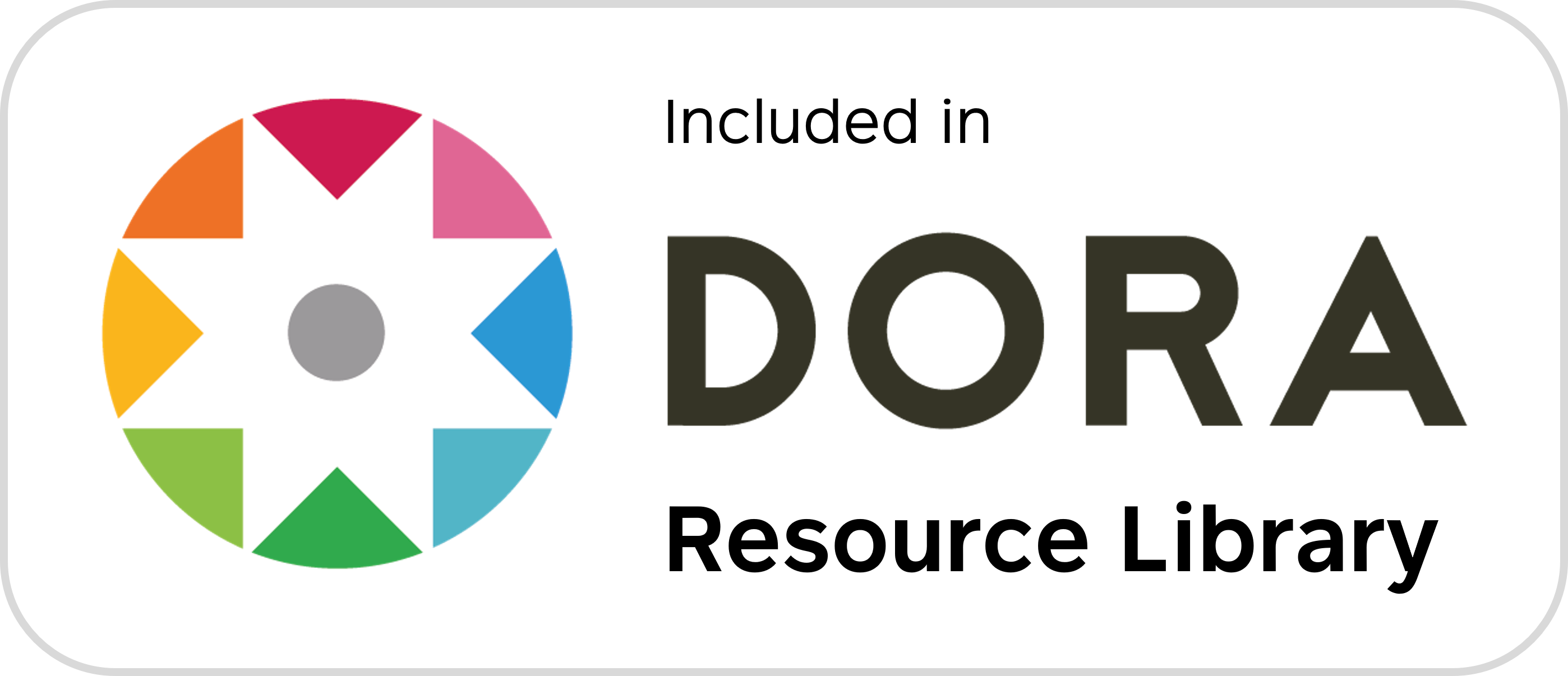- Make a Submission
- Focus and Scope
- Editorial Team
- Reviewers
- Author Guidelines
- Reviewer Guidelines
- Article Template
- Article Publishing Charge (APC)
- Publication Process
- Publication Ethics
- Plagiarism Policy
- Recommended Tools
- Open Access Statement
- Copyright and License
- Archiving Policy
- Crossmark Policy
- Indexing
- Scopus Citedness
- Contact Us
Open Access Statement
Advances in Educational Innovation (AEI) follows a rigorous and transparent publication process to ensure the highest quality of scholarly work. Our process is designed to provide a fair and timely review while maintaining the integrity and academic standards of the journal. Below is an overview of the publication process at AEI:
-
Submission:
- Authors submit their manuscripts via the AEI online submission system. Manuscripts must adhere to the journal’s formatting and submission guidelines.
- Upon submission, authors receive an acknowledgment of receipt.
-
Initial Screening:
- The Editor-in-Chief conducts an initial screening to check the manuscript’s alignment with the journal’s scope and basic requirements.
- Manuscripts that do not meet the basic criteria or are outside the journal’s scope are rejected without further review.
-
Plagiarism Check:
- Manuscripts passing the initial screening are checked for plagiarism using plagiarism detection software.
- Manuscripts with significant plagiarism issues are rejected immediately.
-
Peer Review:
- Manuscripts that pass the plagiarism check are assigned to at least two independent reviewers for a double-blind peer review.
- Reviewers evaluate the manuscript based on its originality, methodology, significance, and contribution to the field of educational innovation.
- Reviewers submit their reports and recommendations to the editor.
-
Editorial Decision:
- Based on the reviewers’ feedback, the Editor-in-Chief makes an editorial decision, which can be one of the following:
- Accept: The manuscript is accepted for publication without further revisions.
- Minor Revisions: The manuscript requires minor changes. Authors are given a deadline to submit the revised version.
- Major Revisions: The manuscript requires significant changes. Authors must revise the manuscript and resubmit it for another round of review.
- Reject: The manuscript is not suitable for publication in AEI.
- Based on the reviewers’ feedback, the Editor-in-Chief makes an editorial decision, which can be one of the following:
-
Revision:
- Authors who receive a decision requiring revisions must address the reviewers’ comments and submit a revised manuscript by the specified deadline.
- The revised manuscript may be sent back to the original reviewers for further evaluation.
-
Final Decision:
- After satisfactory revisions, the Editor-in-Chief makes the final decision on the manuscript.
- Accepted manuscripts proceed to the production stage.
-
Production:
- The accepted manuscript undergoes copyediting, typesetting, and proofreading to ensure accuracy and clarity.
- Authors are involved in the proofreading stage to verify the final version of their manuscript.
-
Publication:
- The final version of the manuscript is published online in the upcoming issue of AEI.
- Each published article is assigned a Digital Object Identifier (DOI) for easy citation and access.
-
Post-Publication:
- The published articles are indexed in various databases to increase their visibility and impact.
- Authors are encouraged to share their published work to enhance its reach within the academic community.
Throughout the publication process, AEI maintains a commitment to ethical standards, transparency, and academic excellence. Our goal is to support authors in disseminating high-quality research that contributes to the advancement of educational innovation.
OpenAccessStatement
ChatGPT
Open Access Statement
Advances in Educational Innovation (AEI) is committed to providing open access to all its published content. We believe that free and unrestricted access to research fosters knowledge sharing and accelerates the dissemination of valuable information in the field of educational innovation.
Key Points of Our Open Access Policy:
-
Immediate and Free Access:
- All articles published in AEI are freely accessible immediately upon publication. There are no subscription fees or paywalls that restrict access to the content.
-
Licensing:
- AEI articles are licensed under the Creative Commons Attribution-ShareAlike 4.0 International License (CC BY-SA 4.0). This license allows others to:
- Share — Copy and redistribute the material in any medium or format.
- Adapt — Remix, transform, and build upon the material for any purpose, even commercially.
- Under the following terms:
- Attribution — Appropriate credit must be given, a link to the license must be provided, and any changes must be indicated. The licensor does not endorse the user or their use.
- ShareAlike — If the material is remixed, transformed, or built upon, it must be distributed under the same license as the original.
- AEI articles are licensed under the Creative Commons Attribution-ShareAlike 4.0 International License (CC BY-SA 4.0). This license allows others to:
-
Benefits of Open Access:
- Increased Visibility and Impact: Open access increases the readership and citation of articles, thereby enhancing their impact within the academic community and beyond.
- Enhanced Collaboration: Free access to research facilitates collaboration among researchers, educators, and practitioners worldwide.
- Public Enrichment: Open access supports the dissemination of knowledge to the public, contributing to education and societal development.
-
Author Rights:
- Authors retain copyright of their work while granting AEI the right to publish the articles and make them freely accessible online.
- Authors are encouraged to deposit their published articles in institutional repositories and share them on personal websites to further increase visibility and access.
-
No Publication Fees:
- AEI does not charge authors any publication or article processing fees. We aim to remove financial barriers to publication and ensure that all high-quality research has the opportunity to be published and disseminated.
By adopting an open access policy, AEI is dedicated to promoting the free exchange of knowledge and supporting the global academic community in advancing educational innovation.













